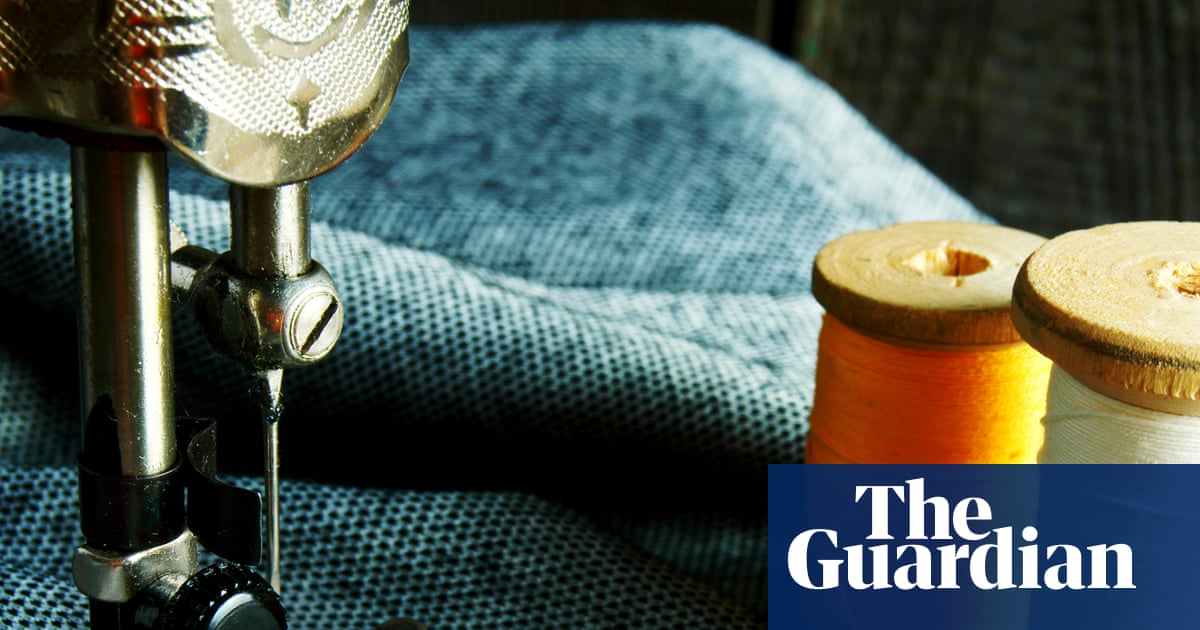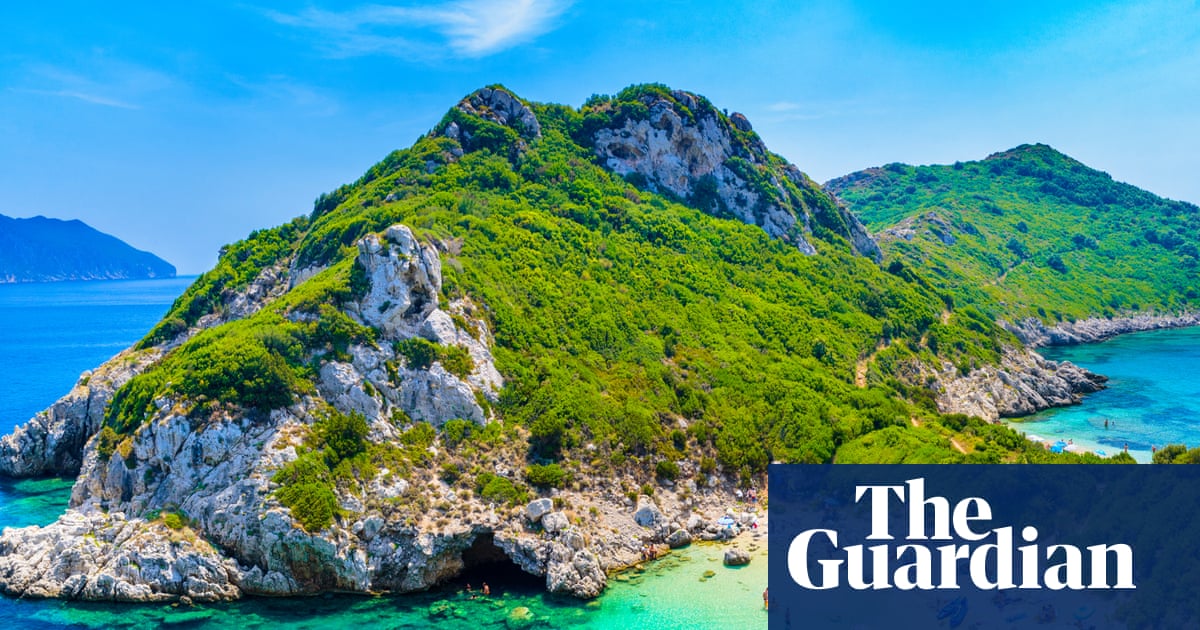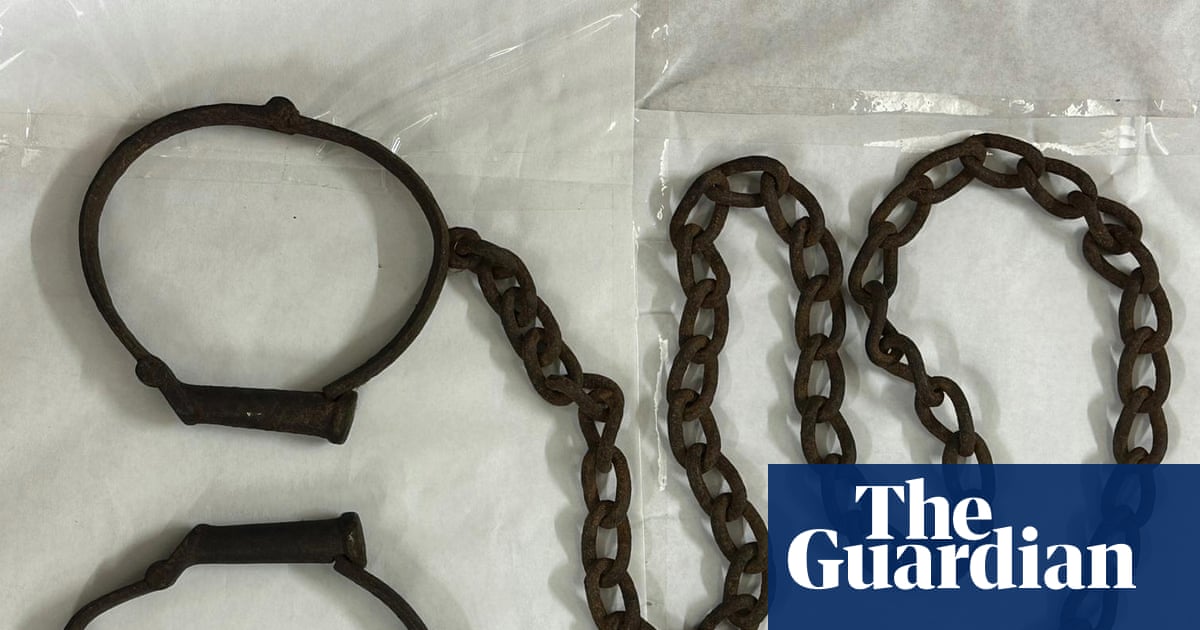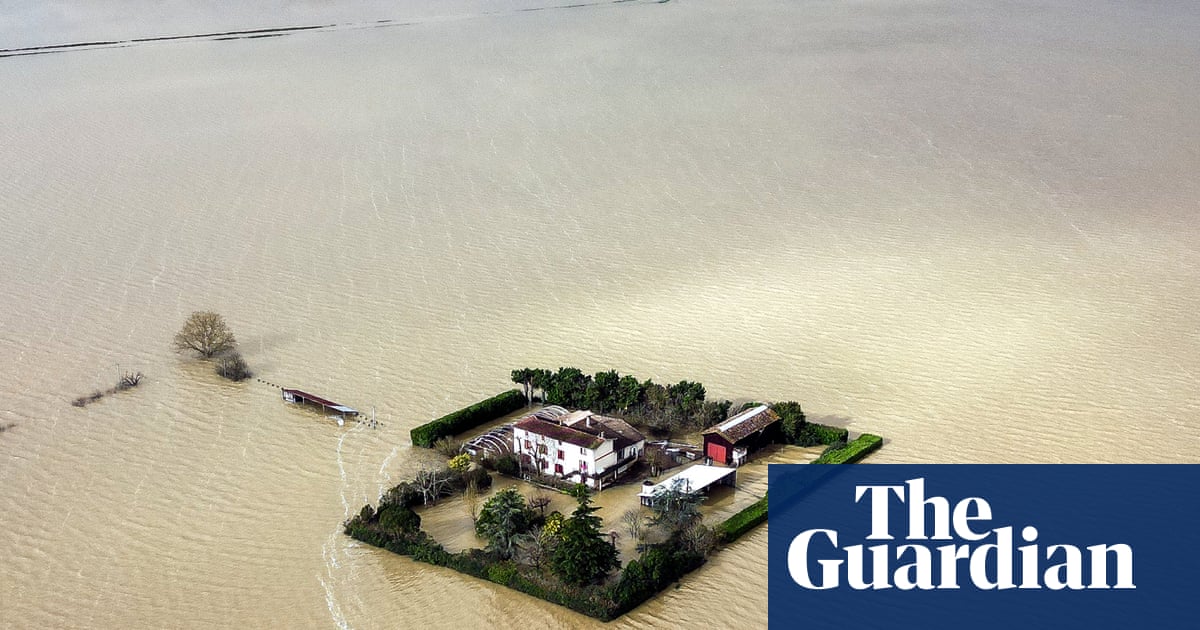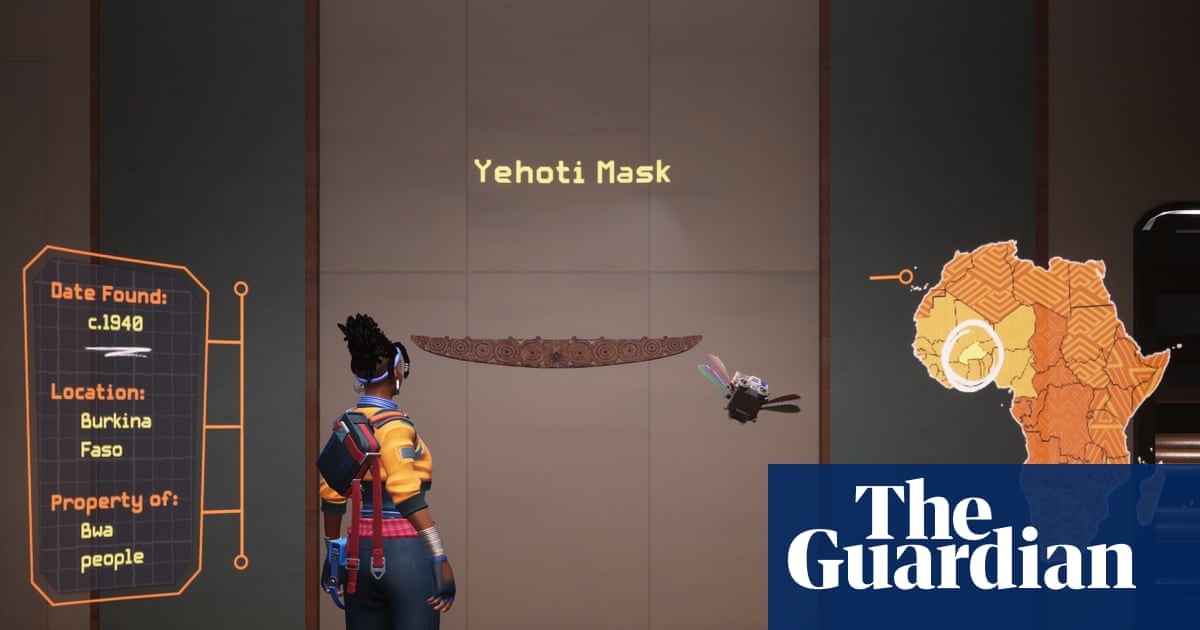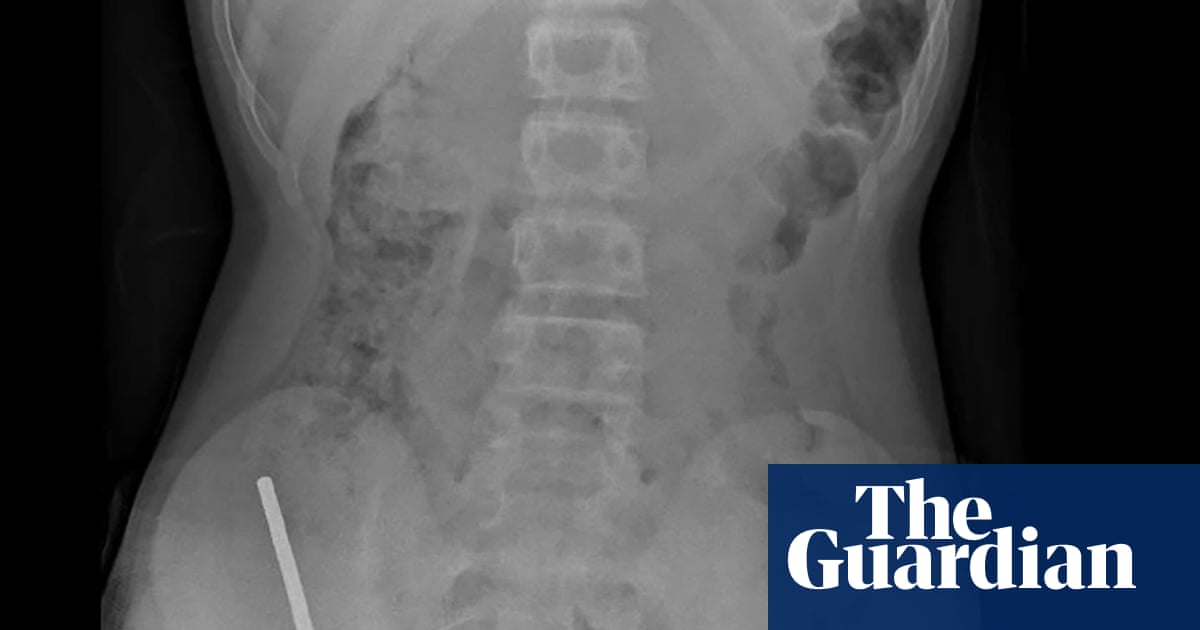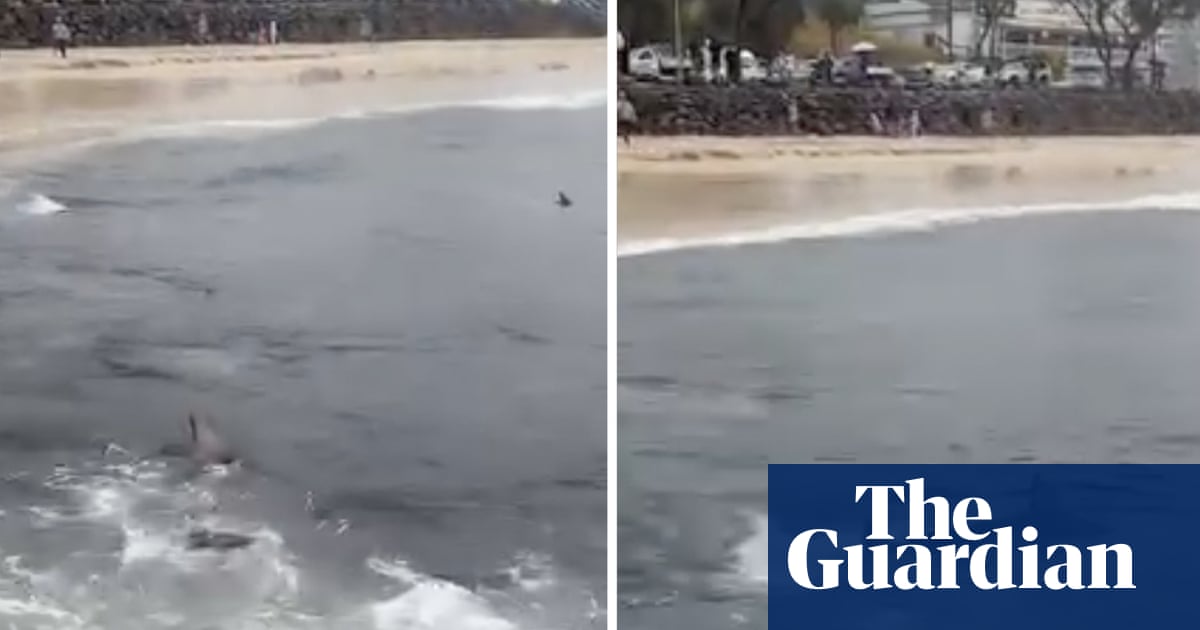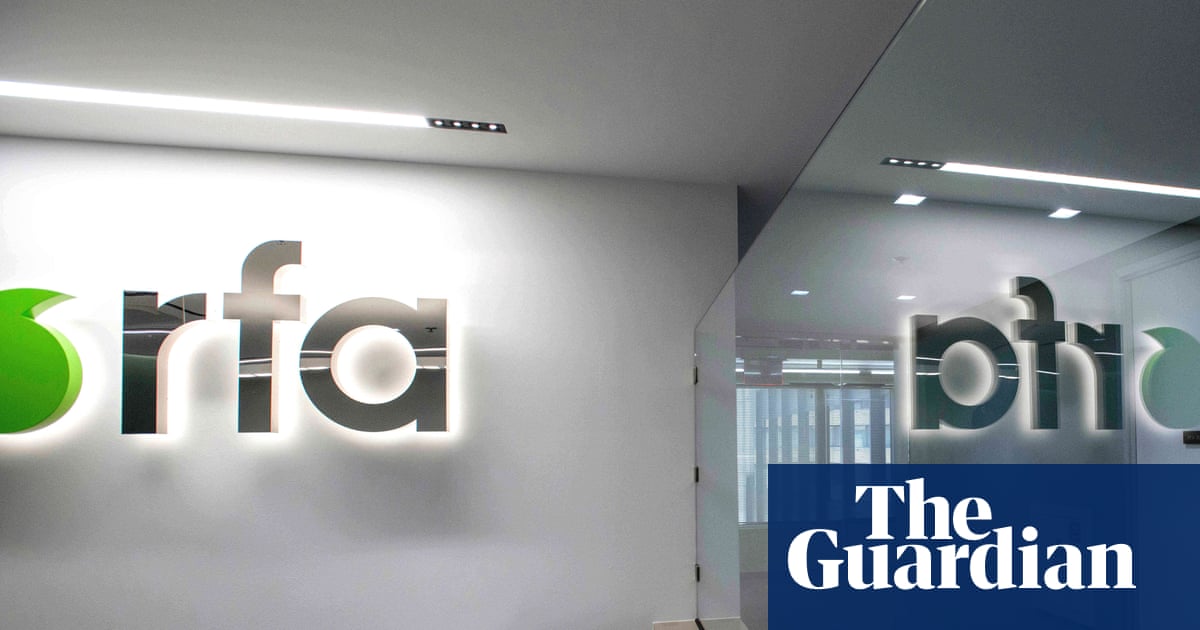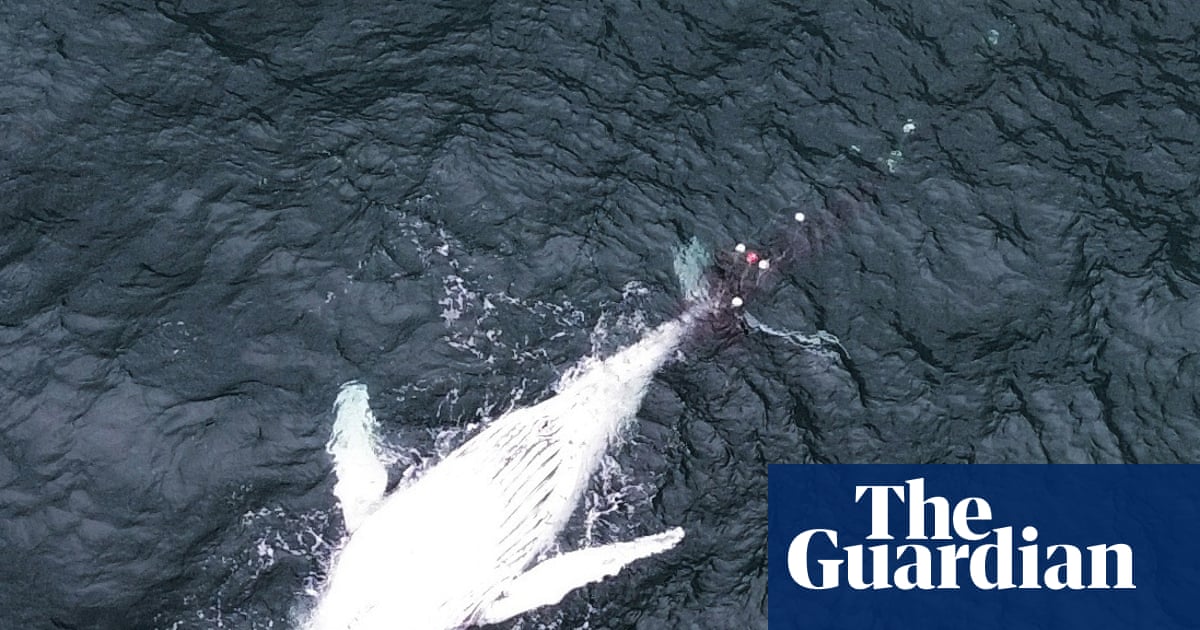A humpback whale calf has been found dead after becoming entangled in a shark net off the New South Wales coast.
The 8-metre juvenile whale was found wrapped in netting north of Wollongong on Tuesday, in waters between Coledale and Wombarra.
It is the 15th whale entangled in shark nets along Australia’s east coast this year and the first whale to be confirmed dead, believed to have drowned on its migration south to Antarctica.
A spokesperson for the NSW department of primary industries and regional development said shark meshing contractors found the deceased whale during a routine inspection on Tuesday morning.
“DPIRD did not receive any reports of a whale entanglement at Coledale prior to this,” they said, adding that no other whale entanglements in NSW shark nets had been reported this year. However, In June, a whale became tangled in a shark drumline off Nobby’s beach in Newcastle.
The NSW National Parks and Wildlife Service, the Organisation for the Rescue and Research of Cetaceans in Australia (ORRCA) and Marine Rescue NSW responded on Tuesday afternoon, finding the juvenile with net tangled around its tail and side fin.
“Everyone involved tried their best to disentangle the deceased whale,” said Marine Rescue NSW inspector Stuart Massey.
“The plan was to take the carcass to a location where it could be removed from the water,” he said. Shortly before 3pm, “the combination of unfavourable sea conditions and the proximity to rocks and the shoreline meant it was becoming unsafe for our vessel and crew to remain there, so we were forced to abandon”.
Sign up: AU Breaking News email
The whale carcass washed ashore on Tuesday night. ORRCA said in a statement: “At this stage, the cause of death is unknown and will remain unclear until … a necropsy is carried out.”
There are 51 shark nets deployed in NSW, which are fitted with acoustic “whale alarms” and “dolphin pingers”. The devices “emit a high-frequency sound wave that deters the mammals from the area and reduces the chances of entanglement”, the DPIRD spokesperson said.
“The NSW government will continue to investigate new shark mitigation technologies designed to minimise impacts on marine animals while protecting beachgoers.”
The whale drowning has reignited calls for the NSW government to end its shark netting program.
NSW Greens MP Cate Faehrmann said it was “absolutely heartbreaking to see a baby humpback whale die like this, especially because its death was totally preventable”.
“Every year when the nets go in, we see more whales and other wildlife like dolphins, endangered loggerhead turtles and critically endangered grey nurse sharks trapped, injured or killed.”
after newsletter promotion
Dr Olaf Meynecke, who researches marine mammals at Griffith University, said there was little evidence to suggest that shark nets had prevented shark bites in the past. The “large-scale removal of sharks along beaches as a mitigation measure” did little to reduce risk, he said.
Meynecke said whale calves were at higher risk of entanglement and drowning. “We know that they are not aware of the dangers of nets.” Whales develop experience over time, learning to communicate about dangerous locations, he said.
A young whale “would panic quite quickly and if you’ve got high seas there is the risk of drowning”.
Greens senator Peter Whish-Wilson said in a statement: “Governments can help keep ocean-goers safe by supercharging investment in modern-day alternatives to outdated and ineffective shark nets and drumlines.
“These include subsidising shark shield personal deterrent devices, shark spotter programs, eco-shark barriers, bite-proof wetsuits, and improving public education. A 2017 Senate inquiry into shark risk mitigation recommended the federal government show national leadership on driving this investment, but this has so far been ignored.”
Whish-Wilson also called on the federal government to remove an exemption in the national environment law that allows state-controlled shark cull programs.
“Federal law enables the state-sanctioned animal cruelty that we’re seeing off our Queensland and NSW coastlines through a dangerous and archaic EPBC exemption.
“It’s time to end the world’s longest marine cull and stop this barbaric government-sanctioned animal cruelty.”

 3 months ago
178
3 months ago
178


